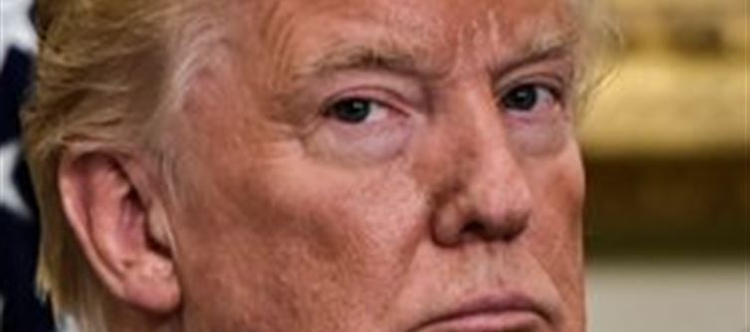
In a move that’s sending shockwaves through global markets, the european union has officially agreed to slap tariffs on $28 billion worth of U.S. imports — a bold retaliation that’s already stirring fierce controversy. While Washington postures with bravado, many experts warn that the U.S. could be walking straight into an economic buzzsaw.
A Punitive Punch to American Industries
From Harley-Davidson motorcycles to Kentucky bourbon and california oranges, the EU’s tariff list reads like a who’s who of iconic American exports. But beyond symbolism, this retaliatory strike targets sectors with deep economic and political roots. Small and mid-sized manufacturers, already struggling with inflation and supply chain headaches, may be the first casualties in this transatlantic trade skirmish.
“This isn’t just tit-for-tat,” says trade analyst Marissa Vaughn. “This is a scalpel cutting into key U.S. industries — and the wound could fester.”
Farmers on the Frontline
American farmers — who heavily rely on overseas markets — are bracing for impact. The EU is a major destination for U.S. agricultural exports, and with tariffs now making American goods more expensive, european buyers are likely to pivot to alternative sources. Brazil, Australia, and canada are licking their lips.
“You can’t grow crops and livestock with political rhetoric,” says Iowa corn farmer Matt Hendricks. “We’re being sacrificed in a geopolitical game.”
Wall Street Watches Nervously
Markets hate uncertainty, and this trade tension adds yet another layer of risk. Investors are now weighing the potential ripple effects — from disrupted supply chains to inflationary pressures. U.S. companies with significant exposure to european markets could see shrinking profit margins and tumbling stock prices.
The Political Blowback
With the 2026 midterms approaching, political fallout is inevitable. Already, lawmakers from affected states are accusing the administration of mishandling foreign trade and failing to shield domestic industries from predictable retaliation.
“This is economic self-sabotage,” claimed senator Carla Greene (R-KY). “We antagonized our allies, and now American jobs are hanging in the balance.”
Can the U.S. Afford This Fight?
Some call it a necessary flex to reassert American strength in global trade. Others say it’s a reckless escalation with little to gain and much to lose. Either way, the EU’s $28 billion hit isn’t just about money — it’s about momentum. And right now, it looks like the U.S. might be on the back foot.
The question remains: how many American businesses and workers will be caught in the crossfire before cooler heads prevail?




 click and follow Indiaherald WhatsApp channel
click and follow Indiaherald WhatsApp channel